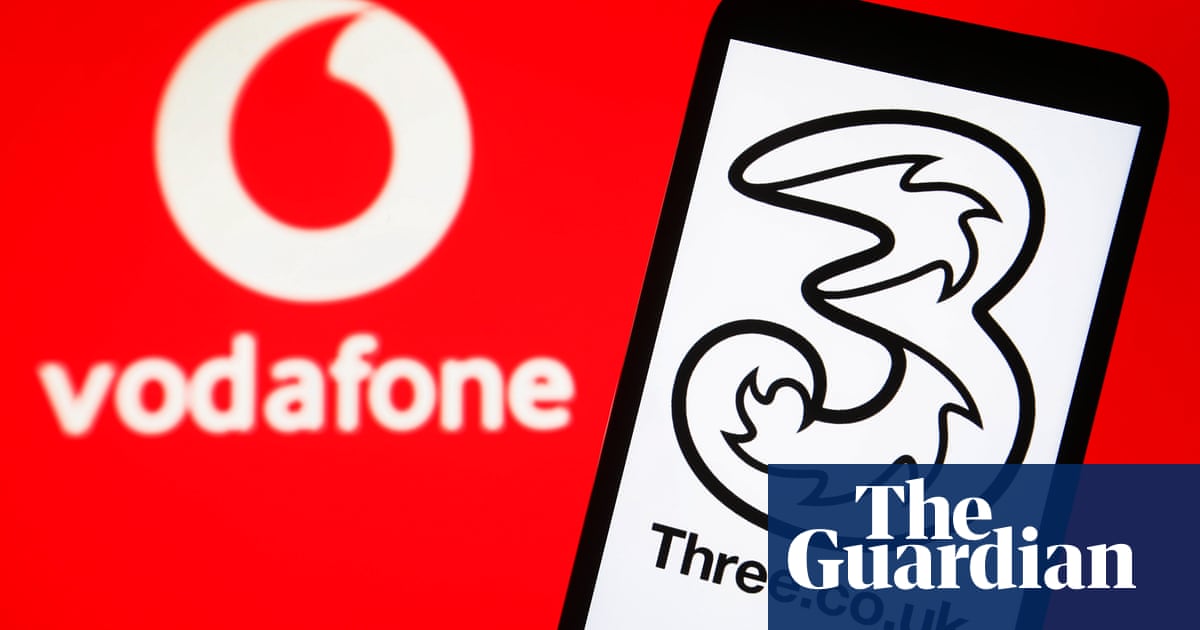My view on this is that Ofcom fucked it on this long ago really and the horse has already bolted
We should have gone with an openreach style model for the infrastructure rather than doling out exclusive rights to chunks of spectrum in an entirely uneven manner.
This model can’t really sustain more than a few companies because, using this as an example: three has a fantastic 3G network and the best 5G network, however they have no 2G network and got shafted on 4G spectrum. Vodafone has almost a polar opposite of the best 2G coverage (still useful for very remote customers) and 4G coverage comparable to EE.
The only way for these two companies to cover the patches in their service and complete with the market leader effectively is a merger, which is how EE came to exist in the first place.
I’m not sure I buy the pricing-people-out angle either tbh, we have a pretty rich market of MVNOs who act as an anchor on the MNO pricing, and it would look like anti-competitive market collision if suddenly the operating costs for these companies went up after a merger.
The OpenReach model fucking sucks too. It’s a private for-profit corporation with an effective monopoly. The infrastructure should be owned and operated by a publicly owned organisation and access to it should be covered by taxes and just force all the private operators out of business. Every single one of them sucks.
No. OpenReach is a shit show, with shills all claiming that BT doesn’t get preferential treatment whilst everyone I know has at least one anecdote where OpenReach gave preferential treatment to BT. After a while the strench of uncompetitive practice is unavoidable, and they are getting rings rum around them by the alt-nets. OpenReach is a bad example.
Infrastructure that is a natural monopoly needs to be spun out into a separate company, or government entity that’s untouchable from the consumer facing sellers, not just an “untouchable other department”.
I’m not sure I buy the pricing-people-out angle either tbh, we have a pretty rich market of MVNOs who act as an anchor on the MNO pricing, and it would look like anti-competitive market collision if suddenly the operating costs for these companies went up after a merger.
Do you think that would change anything? After the merger it’s hard to walk it back. People would scream about “losing jobs” or something.
The point of a merger is to make more money, both through improved pricing power and through lower costs.
Three is a completely garbage network anyway
It’s like when T-Mobile and Sprint merged in the US. Both were pretty garbage networks, and now it’s a really big garbage network.
thanks, capitalism
one millions three is oddly specific.
Well, the study said one million, but the author knew that they’d be affected along with two friends, but they were never asked. So the author just added the missing 3.
The Guardian - News Source Context (Click to view Full Report)
Information for The Guardian:
MBFC: Left-Center - Credibility: Medium - Factual Reporting: Mixed - United Kingdom
Wikipedia about this sourceSearch topics on Ground.News






